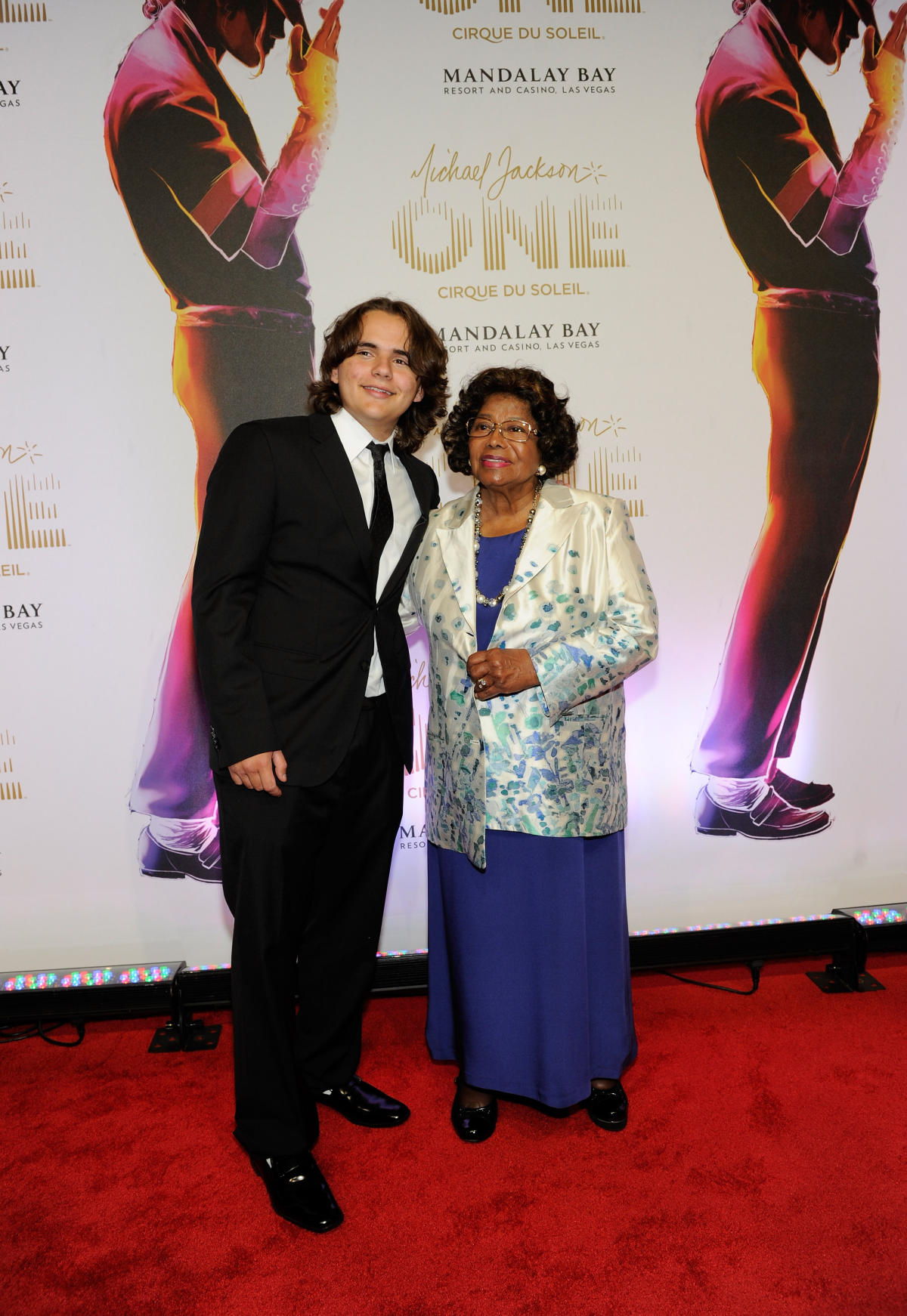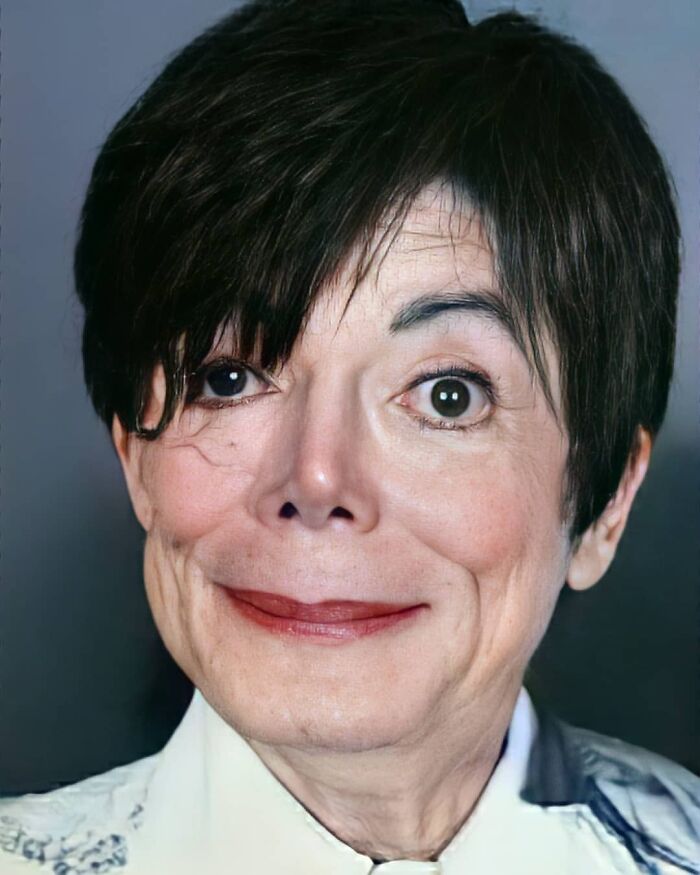Is Michael Jackson still alive? This question has haunted the minds of fans and skeptics alike for over a decade. Despite overwhelming evidence proving otherwise, conspiracy theories continue to flourish. A bold statement must be made: Michael Jackson passed away on June 25, 2009, and no credible source disputes this fact. Yet, the allure of such conspiracies persists, fueled by misinformation and wishful thinking.
The King of Pop's legacy remains undeniably powerful, transcending his tragic death. For many, accepting his mortality proves difficult, leading some to grasp at straws in hopes of disproving the inevitable. The internet serves as both a repository of knowledge and a breeding ground for unfounded speculation, where baseless claims gain traction through repetition rather than merit. In this digital age, distinguishing truth from fiction becomes increasingly challenging, particularly regarding high-profile figures like Jackson.
| Biographical Information | Details |
|---|---|
| Full Name | Michael Joseph Jackson |
| Date of Birth | August 29, 1958 |
| Place of Birth | Gary, Indiana, USA |
| Date of Death | June 25, 2009 |
| Cause of Death | Propofol intoxication |
| Occupation | Singer, Songwriter, Dancer, Philanthropist |
| Notable Awards | 13 Grammy Awards, 26 American Music Awards |
| Official Website | michaeljackson.com |
Despite numerous reports confirming his death, conspiracy theories persist, often rooted in emotional attachment or distrust of official narratives. Some claim Jackson faked his death to escape mounting pressures, citing perceived inconsistencies in media coverage. Others suggest elaborate hoaxes involving body doubles and staged events. However, these assertions lack substantiation and contradict well-documented facts surrounding his passing.
The medical examiner's report clearly states that Jackson succumbed to propofol intoxication, with additional sedatives contributing to his demise. Dr. Conrad Murray, his personal physician, faced criminal charges for involuntary manslaughter due to improper administration of these medications. Legal proceedings thoroughly examined the circumstances surrounding Jackson's death, resulting in Murray's conviction. Such rigorous investigations further solidify the authenticity of the established narrative.
Fans worldwide mourned the loss of an unparalleled artist whose contributions reshaped music history. From groundbreaking albums like Thriller to revolutionary performances and charitable endeavors, Jackson's impact endures long after his life. Rather than focusing on baseless conjecture, celebrating his remarkable achievements offers a more meaningful tribute to his legacy.
Conspiracy theories thrive when individuals seek alternative explanations for distressing realities. Human psychology often drives people toward narratives aligning with their desires or suspicions. In Jackson's case, disbelief in his death reflects deep admiration and reluctance to accept its finality. However, clinging to unproven theories detracts from honoring his genuine accomplishments and preserving his artistic heritage.
Media outlets play a crucial role in shaping public perception, especially during crises involving prominent figures. TMZ's initial report of Jackson's death exemplifies modern journalism's speed and reach, breaking news ahead of traditional sources. While rapid dissemination benefits information accessibility, it also increases vulnerability to errors and manipulation. Responsible reporting demands verifying facts before publication, yet competitive pressures sometimes compromise journalistic integrity.
Ultimately, confronting uncomfortable truths requires courage and rationality. Acknowledging Michael Jackson's death does not diminish his extraordinary legacy; instead, it allows us to appreciate his contributions fully. By focusing on his artistry and humanitarian efforts, we ensure his spirit lives on through generations inspired by his work. Let us celebrate the man who redefined entertainment while exercising critical thinking when evaluating claims about his life and death.
As technology advances, distinguishing verified information from fabricated content grows increasingly complex. Social media platforms enable widespread sharing of ideas, both valid and spurious. Users must approach shared stories critically, seeking reliable sources and cross-referencing data before accepting claims at face value. Developing discernment skills empowers individuals to navigate today's information landscape effectively, reducing susceptibility to misleading narratives.
In conclusion, while questions surrounding Michael Jackson's death linger among certain circles, overwhelming evidence supports the accepted timeline of events. Engaging with proven facts enables us to honor his memory appropriately, emphasizing his monumental influence on music and culture. As stewards of his legacy, let us champion accuracy and respect while cherishing the indelible mark he left on our world.




